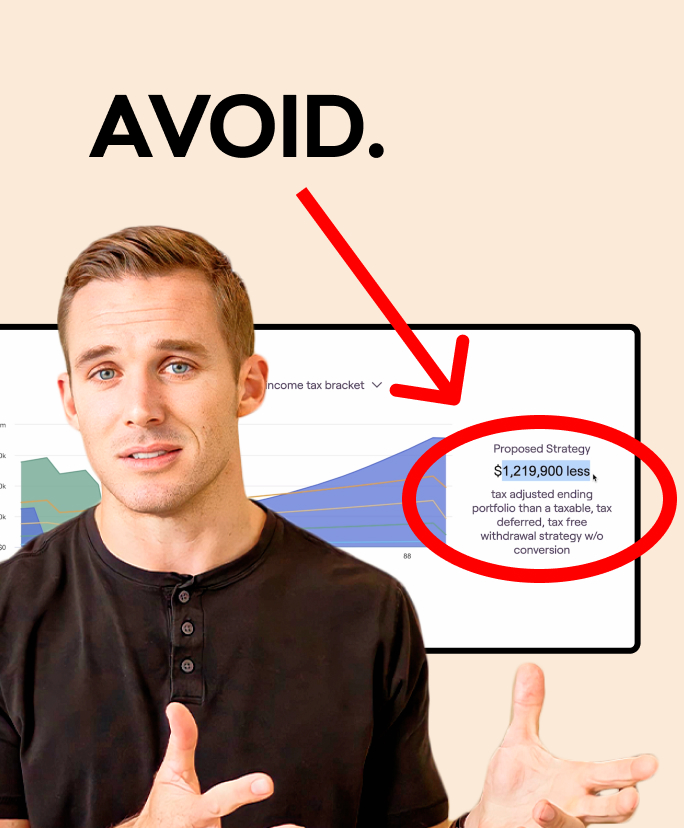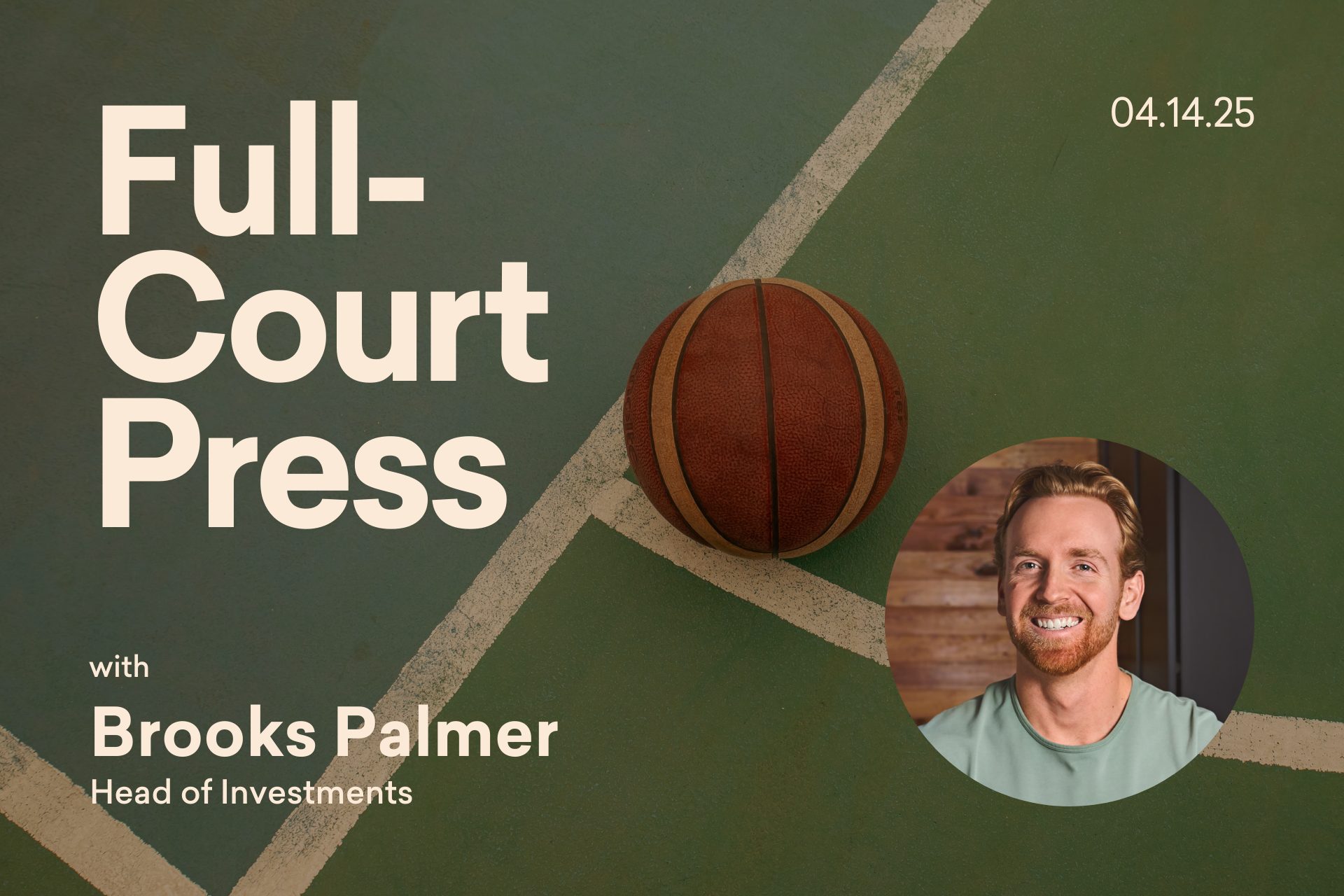“Open any newspaper or turn on any TV news show and you find experts who forecast what’s coming. A few are cautious. Most are bold and confident. A handful claim to have supernatural abilities to foresee years into the future. With few exceptions, they aren’t placed in front of the cameras because they possess any proven skill at forecasting. Accuracy is seldom even mentioned. Old predictions are like old news; easily forgotten. Pundits are rarely asked to reconcile what they forecasted with what actually happened. The prevailing, undeniable talent that these commentators have is their ability to craft a compelling story and relay it with conviction.”
Believe it or not, the excerpt above isn’t in reference to financial markets, the economy, the weather, or politics. No, this is pulled from xGenius: Expected Goals and The Science of Winning Football Matches by James Tippett and here, he’s talking about football (soccer) pundits and commentators.
As I read this book, the parallels between investing and sport came crashing together. One of the first times I felt this was during my reading of Michael Lewis’ Moneyball. A scientific approach to something as fierce and instinctual as sport seemed sacrilegious when Billy Beane stepped into the A’s front office. To many, it still does! Yet here we are, with every legitimate sports franchise now employing an analytics department and shelling out millions to gain the slightest statistical advantage.
This same phenomenon played out just a few years before in the world of money management. Like Moneyball, the first chink in the armor of perceived experts (stock brokers and traditional money managers) also sprouted from the halls of academia and the proverbial nerd behind the computer screen: after fees, the brokers and expensive, professional managers weren’t adding value. Might an investor be better off buying and holding the entire market for the long-term at a reasonable fee? Enter the index fund. It too was chided as being anti-American, anti-capitalist. And although I can’t think of anything more capitalist than helping main street Americans own a slice of the greatest companies around the globe for pennies on the dollar, I can’t blame the “experts” for voicing their skepticism. After all, the idea was a direct challenge to their livelihood and the prevailing narrative that professional managers were the gatekeepers of superior returns.
Still Holding On
For all the progress we’ve made in the investing world, it’s baffling how much that prevailing narrative still rears its head. A tremendous amount of scientific scrutiny has been applied to financial markets. We have reasonable answers to many of the questions around what drives returns across equities, bonds, and real estate. Yet, as Tippett mentions above, the stories and narratives, delivered with relentless conviction, remain a constant distraction. Perhaps it’s because, just like sport, there is so much variability in markets and Lady Luck plays such a massive role in the outcomes we see. But the true edge lies in distinguishing the evidence-based strategy from the lottery ticket.
You Don’t Get Fit by Getting Lucky
And you don’t make it to the NBA by getting lucky either. Yet, you can certainly become one of the “greatest investors in the world” by getting lucky. That’s the all-important caveat to this sport-investing analogy.
We’ve all been there: dinner with the next door neighbors and the guy’s going on and on about buying Bitcoin 10 years ago at $1,000 bucks. They’ve got a new car, a renovated home, sending the kids to private school. You can see all that for yourself if you just learn a bit more about investing and identify the next opportunity.
Hmm. If I make one half-court shot, does that solidify my status as a professional basketball player? Obviously not. Yet, a successful half-court heave is all the evidence we need to put someone on the “professional investor” pedestal. The line between luck and skill in investing is thinner than a knife’s edge. Don’t forget it.
Conviction or Dismissal?
“There are two kinds of forecasters: those who don’t know, and those who don’t know they don’t know.” – John Kenneth Galbraith
Human nature hasn’t changed much in the last 20,000 years and conviction will continue to draw us in. But if we peel back the incentive onion for those who speak with seemingly endless confidence, most are in the business of selling a story. Their goal isn’t to be right—it’s to be heard.
For the disciplined investor, it’s clear that, “those who can live with ambiguity, and still function, do the best. Those who can’t stand uncertainty get their certainty but pay for it.” The market will always be noisy, filled with pundits, forecasts, and opinions that vary from quite reasonable to downright reckless. This can easily take your eye off the ball. There’s no edge in predicting the unpredictable, no “facts about the future.” But discipline, a focus on the evidence, and a recognition of the role of luck can help us chart a sensible path to success.
CONSIDER:
From basketball coach Buzz Williams:
“The law of the farm has never changed. You still have to plow, you still have to plant, you still have to fertilize, you still have to weed, and you still have to water.
No matter how fast the world moves, there are some things that never change. Human nature is, “I don’t wanna have to do all the hard stuff, I just want all the fruit that comes from it.” But your roots determine your fruit.”
–
Let’s get after it this week!
Brooks
Sources:
xGenius
Brooks Palmer, CFP® is Head of Investments at Root where he helps identify, evaluate, and implement the best investment solutions tailored to clients’ needs. In Full-Court Press, he breaks down what’s happening in the markets—cutting through the noise and jargon—while connecting it to Root’s core investment tenets so you can make the most of your money and your life!


